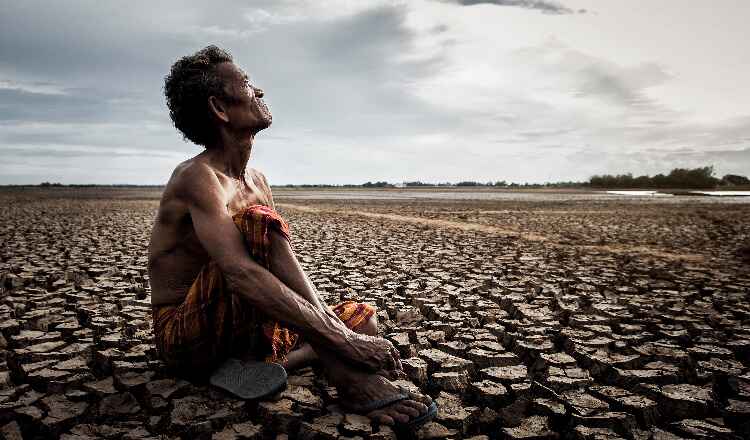COP27: the impact of climate change on modern slavery must not be ignored
7 November 2022 Image credit: Thammachak Sotiya, via Shutterstock. This year we have seen the devastating impact on human lives by environmental events, amplified by climate change, such as the floods in Pakistan and devastating drought in the Horn of Africa, caused by five years of lack of rain. We know that in many cases…

